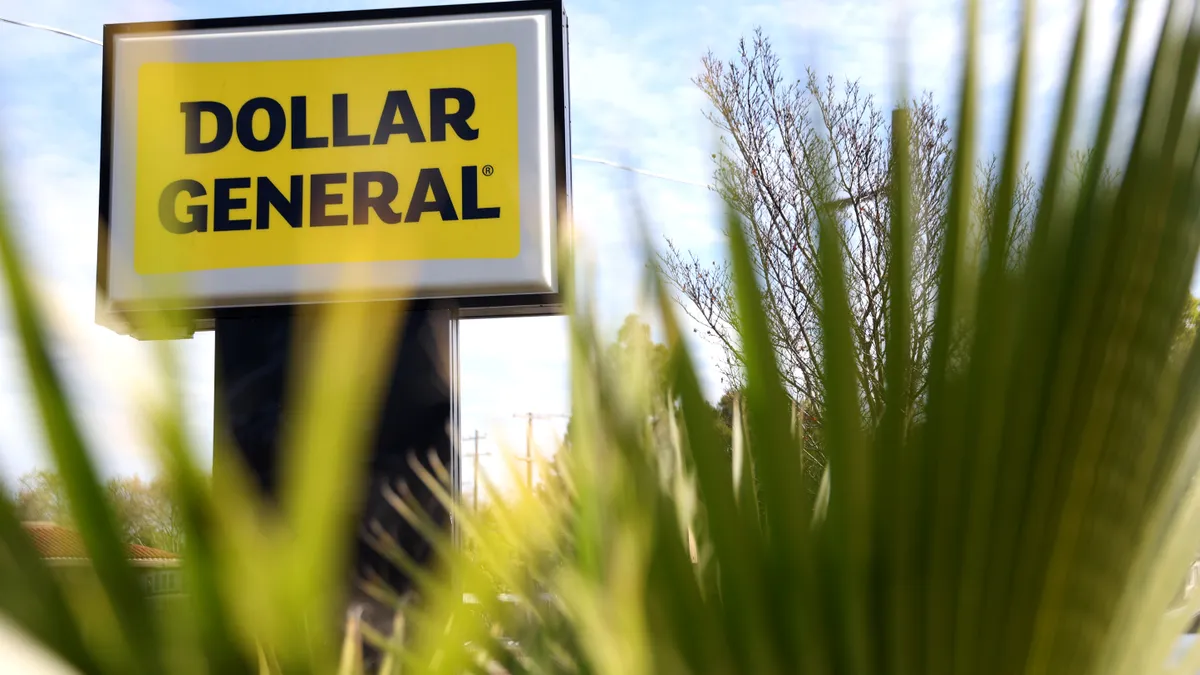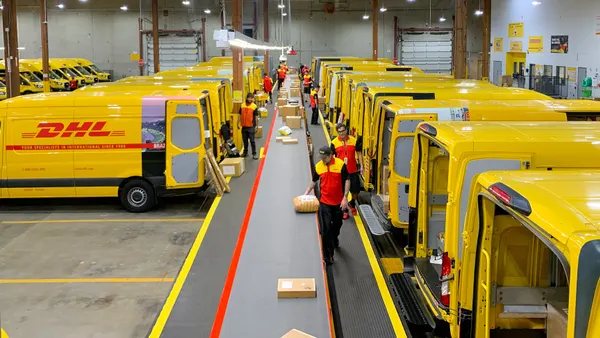Update: Mike Burkhart clarified his remarks in his first comment.
Mexico is aflame in protest. Supply chains are suffering.
It was supposed to be a routine price hike by the Mexican government, but when the government announced late last year it would remove its remaining price subsidies, which raised the price of gasoline by up to 20% in some cases, citizens took to the streets to protest the policy. The issue (colloquially known as the gasolinazo) is complex, but the country’s business community – and their supply chain partners – are now suffering both from increased operational costs and delivery delays from protests that have led to nationwide road closures and traffic jams.
“Yesterday, it was reported that there were demonstrators at three toll booths along the main route between Mexico City and Laredo,” C.H. Robinson’s Mexico Region Director Mike Burkhart told Supply Chain Dive. “That really significantly slows our ability to move cargo through these toll booths, which slows our ability to get freight from Mexico City to Laredo and vice-versa, and that's one of the principal lanes – huge volumes of cargo travel that route."
The protests began last week and extended nationwide. The Mexico City-based newspaper El Universal reported 112 separate protests – from peaceful demonstrations in public squares to toll-booth takeovers and isolated events of looting – as of Thursday, Jan. 6.
Some protests have subsided since then, but the crisis appears far from over. In fact, it’s escalating, as President Enrique Peña Nieto has stated there is no walking back from the price hikes, his political opponents are seizing the opportunity to criticize the policies. Meanwhile, protests are only getting more violent.
And as Burkhart stated, supply chains are feeling the repercussions.
In just one example, El Diario de Juárez reported the border state of Chihuahua's manufacturing sector would lose at least $29 million due to production delays and the resulting client compensation costs, while roughly 2,500 shipments were stranded due to protest-induced delays. To make matters worse, the industry is also paying higher transport costs, which in one example will lead the price of bread to rise 20% to adjust for these additional costs.
Logistics operators, meanwhile, find themselves in the unenviable position of having to consistently check for alternative routes. Burkhart notes that C.H. Robinson has had trucks delayed at toll booths due to demonstrators, or have had passage denied altogether.
And yet, according to Burkhart, the biggest problem for the logistics provider is the uncertainty caused by the protests.
“Even if we do take alternative routing based off of information, there's no guarantee that we're not going to run into the same problem somewhere else,” he noted. “These protesters, they seem to be well connected and they seem to be moving to where the freight flow is.”
C.H. Robinson’s automotive clients are particularly concerned about the situation due to their tight supply chain timelines. “We've had more air freight requests in the last few days than we've ever had,” Burkhart said. “Even air freight is very tight – it was reported to me that there were 50 planes or so yesterday that had absolutely zero room on them … it's even affecting that."
Regardless of the industry, Burkhart suggests supply chain managers proactively avoid backlogs by extending lead times a few days, ramping up communication with logistics providers and suppliers servicing Mexico, and when possible, evaluating alternative routes to border crossings. If there is no rush to ship, he added, it may also be a good idea to hold product shipments until this round of protests ends.
“If it gets much worse, I think it can have an effect on the United States in terms of supplying the country with what it needs,” Burkhart said, noting C.H. Robinson alone crosses the U.S.-Mexico border 450,000 to 500,000 times a year. "There's a big dependency between the two countries for products, and this is certainly having an effect."














